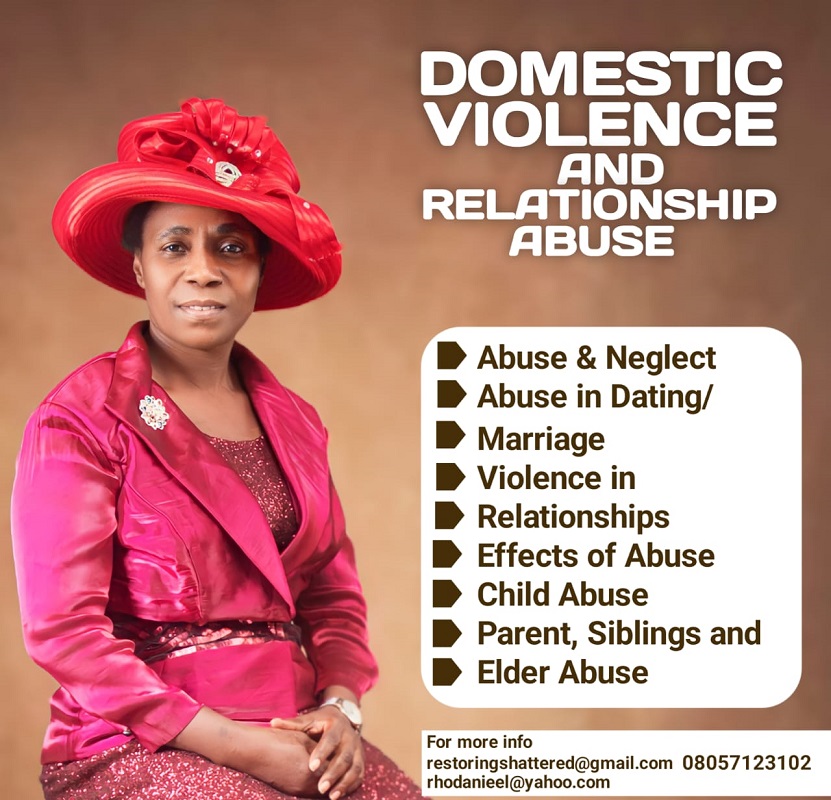• Provide comprehensive rehabilitation services to individuals who have experienced abuse, addiction, trauma, grief, or any form of emotional distress. This would involve designing and implementing programs that address various aspects of rehabilitation, including physical, mental, emotional, and social well-being.
• Ensure accessible and affordable services to all, regardless of their financial or social status. This would involve developing sustainable funding sources, partnering with other organizations, and advocating for policies that prioritize the rehabilitation needs of vulnerable populations.
• Offer holistic healing and counselling services that foster emotional well-being, personal growth, and resilience. This will involve employing a multidisciplinary approach, integrating various therapeutic techniques such as individual counselling, group therapy, art therapy, mindfulness practices, and body-centred techniques.
• Tailored programs to meet the specific needs of different target groups. For example, we could develop specialized programs for survivors of domestic violence, substance abusers, individuals dealing with grief and loss, or those with psychological trauma. Recognizing the diverse needs of clients and offering customized support would be crucial for effective rehabilitation.
• Promote community integration and empowerment. This objective includes providing vocational training, job placement assistance, educational support, and other resources that help individuals regain independence and rebuild their lives. Promoting self-sufficiency and empowering individuals to become active, contributing members of their communities would be a core focus.
• Raising awareness and prevention to address the root causes of abuse, addiction, trauma, and grief, engaging in awareness campaigns and prevention initiatives. This involves organizing workshops, seminars, and public events to educate communities about the signs, consequences, and prevention strategies of these issues. Develop partnerships with schools, community centers, and healthcare providers to deliver prevention programs.
• Engage in advocacy efforts and work towards policy reform. This involves lobbying for improved legislation that protects the rights and well-being of the abused, addicts, trauma survivors, and grieving individuals. Advocate for increased access to mental health services, promote trauma-informed care, and influence policies that prevent re-victimization.
• Build collaborations and networks with other organizations, government agencies, and mental health professionals. Work in partnership with similar foundations, local authorities, healthcare providers, and academic institutions to enhance the effectiveness and reach of services, enable knowledge sharing and facilitate a coordinated approach to address the needs of the target persons.
• Prioritize continuous monitoring and evaluation of programs and services to ensure effectiveness and identify areas for improvement. Regularly review outcomes, collect feedback from clients and monitor the impact of interventions to maximize positive outcomes for the individuals it serves.
• To gain prominence and become an industry expert, contribute to the field of rehabilitation and counselling through research and innovation. Conduct, and support research studies, collaborate with academic institutions, and stay informed about advances in therapeutic approaches. This will also enhance our expertise and ensure that our services align with the latest evidence-based practices.


